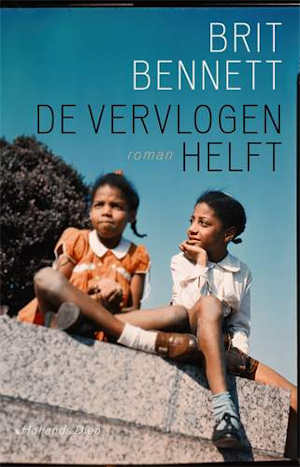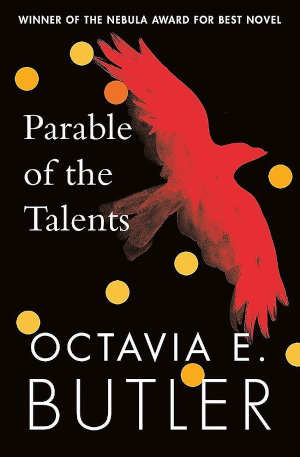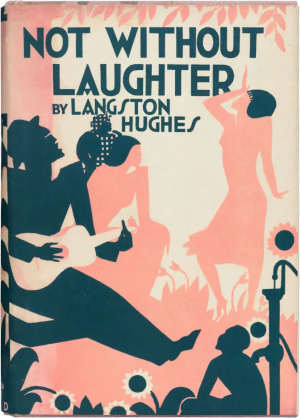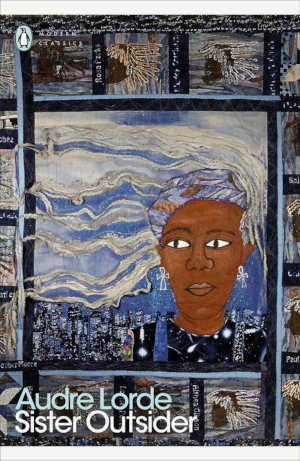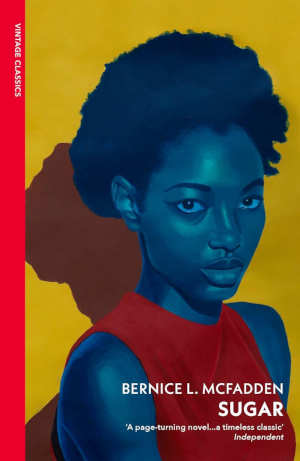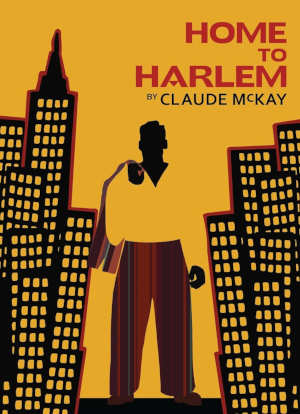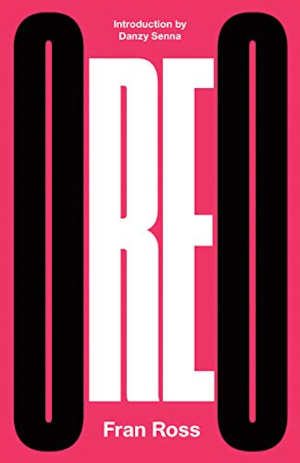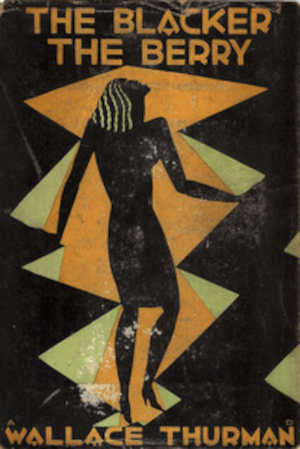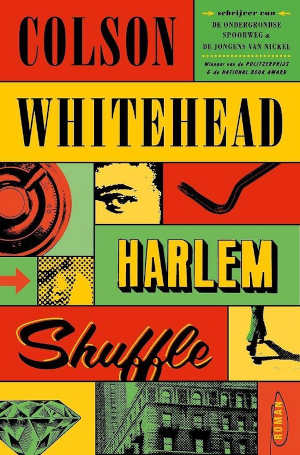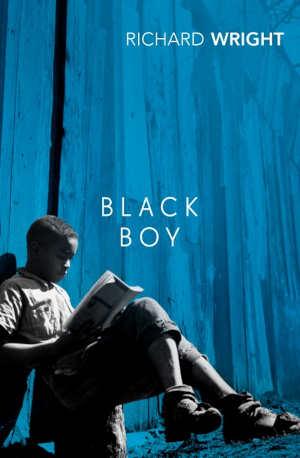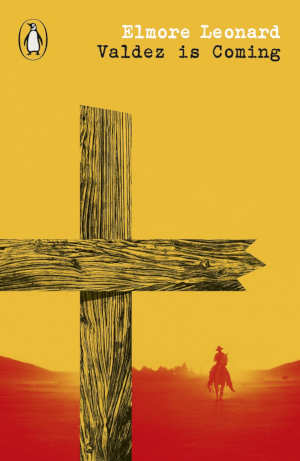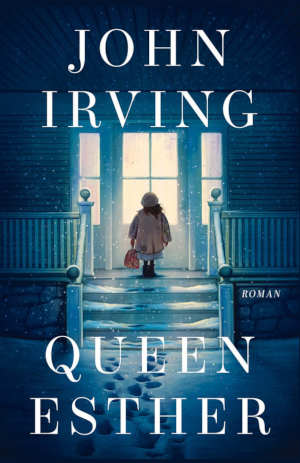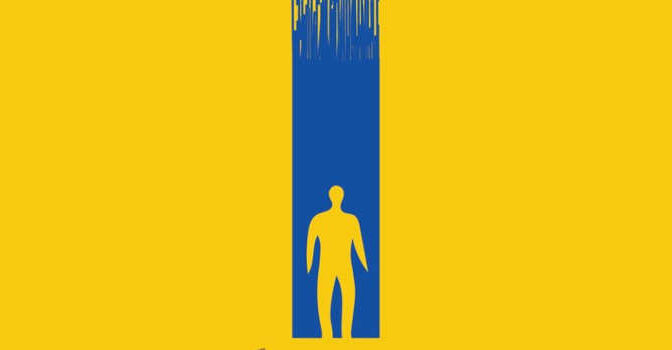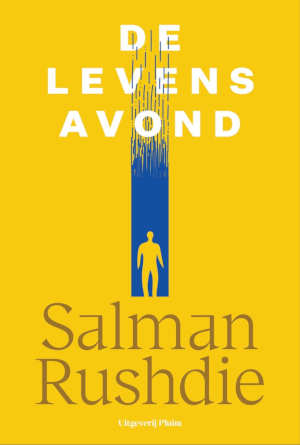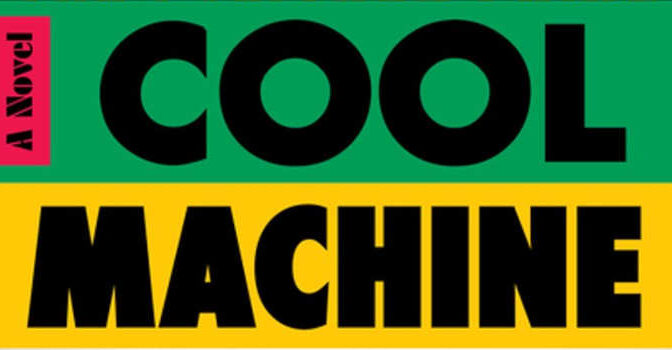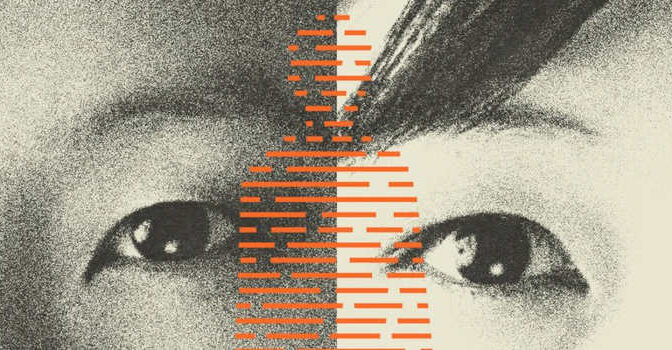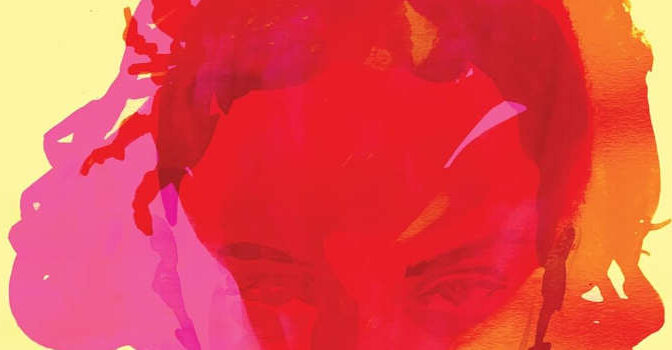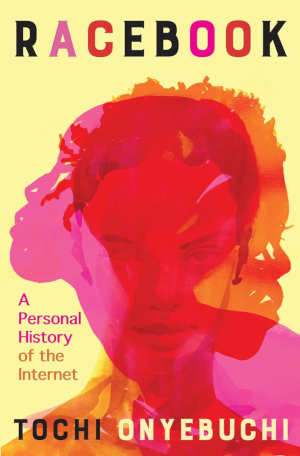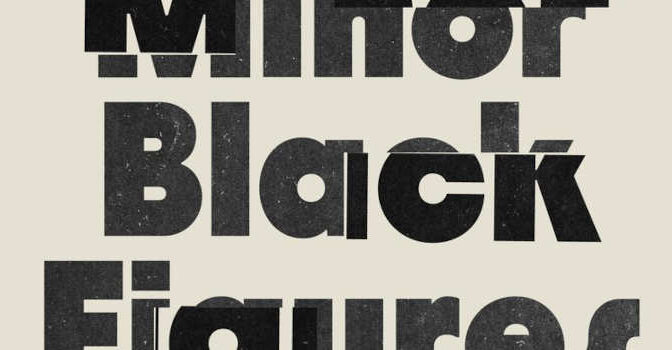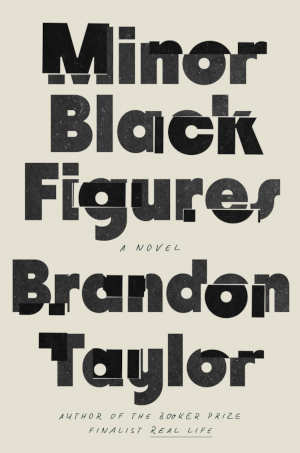Afro-Amerikaanse schrijvers en schrijfsters romans en boeken. Welke bekende Afro-Amerikaanse schrijvers en schrijfster zijn er? Wat zijn de beste romans en andere boeken die zij geschreven hebben? Welke nieuwe romans en andere boeken zijn er recent verschenen?
Afro-Amerikaanse auteurs nieuwe romans en boeken in 2025
Onderstaande boeken zijn ingedeeld op datum van verschijnen. Bovenaan staan de nieuwste boeken.
Witheid in de literaire verbeelding
- Auteur: Toni Morrison (Verenigde Staten)
- Soort boek: literaire non-fictie
- Origineel: Playing in the Dark (1993)
- Uitgever: Letterwerk
- Reeks: Filosofische Bibliotheek Diotima
- Verschijnt: 14 november 2025
- Omvang: 200 pagina’s
- Uitgave: paperback
- Prijs: € 24,99
- Boek bestellen bij: Boekenwereld / Libris
- Inhoud boek: Spelen in het duister is een van de weinige non-fictiewerken die Toni Morrison schreef. In dit boek maakt ze een messcherpe analyse van de verborgen, maar cruciale rol die Afro-Amerikanen spelen in de literaire verbeelding van wit Amerika. Ze spreekt over ‘Afrikanisme’: Afrikanen en Afro-Amerikanen vormden de vaak impliciete achtergrond van onvrijheid, waartegen de Amerikaanse idealen van autonomie en zelfredzaamheid konden worden afgezet (door witte schrijvers)…lees verder >
- Auteur: James McBride (Verenigde Staten)
- Soort boek: Amerikaanse roman
- Origineel: The Heaven & Earth Grocery Store (2023)
- Nederlandse vertaling: Kees Mollema
- Uitgever: Meridiaan Uitgevers
- Verschijnt: 9 oktober 2025
- Omvang: 460 pagina’s
- Uitgave: paperback / ebook
- Prijs: € 27,99 / € 13,99
- Boek bestellen bij: Boekenwereld / Bol / Libris
- Inhoud roman: De Hemel & Aarde Winkel begint in 1972, in Pottstown, Pennsylvania, als bij graafwerkzaamheden een skelet en wat voorwerpen, zoals een mezoeze, worden aangetroffen – wat de politie ertoe brengt de enige joodse inwoner van het stadje te ondervragen. Het onderzoek wordt echter bemoeilijkt wanneer de plaats delict wordt weggevaagd door orkaan Agnes. McBride keert vervolgens terug naar het Pottstown van de jaren twintig en dertig en beschrijft het leven van de inwoners van de overwegend arme zwarte en joodse wijk Chicken Hill…lees verder >
- Auteur: Jewelle Gomez (Verenigde Staten)
- Soort boek: futuristische roman uit 1991, slavernijroman
- Taal: Engels
- Uitgever: Vintage Classics Weird Girls
- Verschijnt: 4 september 2025
- Omvang; 336 pagina’s
- Uitgave: paperback / ebook
- Prijs: £ 9,99 / £ 5,99
- Winnaar Lambda Award
- Boek bestellen bij: Amazon / Bol / Libris
- Inhoud roman: Louisiana, 1850. A young girl escapes slavery and is taken in by two mysterious women. Rumoured to be witches, the pair travel only at night, dress in men’s clothing and seem to know others’ innermost thoughts. But the girl sees the promise of true freedom in their dark glittering eyes: the promise to ‘share the blood’ and live forever. They name her Gilda. Over the next two hundred years, Gilda moves through unseen spaces: through antebellum brothels, gold-rush bars, Black women’s suffrage groups…lees verder >
Selected Poems
- Auteur: Sonia Sanchez (Verenigde Staten)
- Soort boek: gedichten, poëzie
- Taal: Engels
- Uitgever: Penguin Modern Classics
- Verschijnt: 28 augustus 2025
- Omvang: 176 pagina’s
- Uitgave: paperback / ebook
- Prijs: £ 10,99 / £ 5,99
- Boek bestellen bij: Amazon / Bol / Libris
- Inhoud boek: Energetic, infectious and rich with sonic exuberance, Sanchez’s poems have radically transformed the direction of American poetry over the past six decades and have been an inspiration to readers around the world, including Toni Morrison and Chinua Achebe. Whether it’s her iconic haiku, rhythmic ballads or devastating elegies, Sanchez’s luminous verse thrums with a profound generosity and an international consciousness, rendering all of life’s agony and ecstasy…lees verder >
- Auteur: Rob Franklin (Verenigde Staten)
- Soort boek: Afro-Amerikaanse debuutroman
- Taal: Engels
- Uitgever: Simon & Schuster
- Verschijnt: 17 juni 2025
- Omvang: 320 pagina’s
- Uitgave: gebonden boek / ebook / luisterboek
- Prijs: $ 28,99 / $ 14,99 / $ 24,99
- Boek bestellen bij: Amazon / Bol / Libris
- Inhoud roman: It’s just weeks after the death of his beloved roommate Elle, the daughter of a famous soul singer, and he’s still reeling from the tabloid spectacle—as well as lingering questions around how well he really knew his closest friend. He flees to his hometown of Atlanta, only to buckle under the weight of expectations from his family of doctors and lawyers and their history in America…lees verder >
Afro-Amerikaanse auteurs nieuwe romans en boeken in 2024
Onderstaande boeken zijn ingedeeld op datum van verschijnen. Bovenaan staan de nieuwste boeken.
A Black Immigrant’s Search for Home Across Four Continents
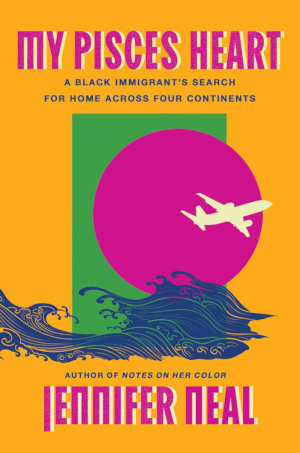 Auteur: Jennifer Neal (Verenigde Staten)
Auteur: Jennifer Neal (Verenigde Staten)- Soort boek: memoir
- Taal: Engels
- Uitgever: Capapult
- Verschijnt: 22 oktober 2024
- Omvang: 368 pagina’s
- Uitgave: gebonden boek / eboek
- Boek bestellen bij: Amazon / Bol
- Inhoud boek: Jennifer Neal was born in the United States to a family that moved continuously for their own survival and well-being—from the Great Migration to the twenty-first century. As an adult, she has continued to travel the world as a Black queer woman, across two decades and four countries—from Japan to the US and then Australia to Germany, where she has settled for now…lees verder >
- Auteur: Cebo Campbell (Verenigde Staten)
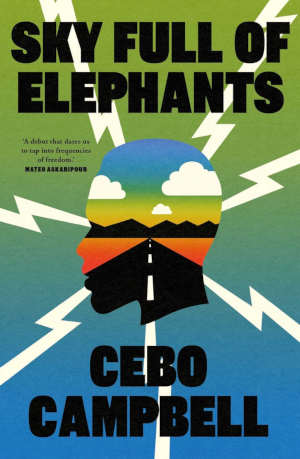 Uitgever: Amerikaanse roman
Uitgever: Amerikaanse roman- Taal: Engels
- Uitgever: Simon & Schuster
- Verschijnt: 10 september 2024
- Omvang: 304 pagina’s
- Uitgave: gebonden boek / ebook / luisterboek
- Boek bestellen bij: Amazon / Bol / Libris
- Inhoud roman: One day, a cataclysmic event occurs: all of the white people in America walk into the nearest body of water. A year later, Charlie Brunton is a Black man living in an entirely new world. Having served time in prison for a wrongful conviction, he’s now a professor of electric and solar power systems at Howard University when he receives a call from someone he wasn’t even sure existed: his daughter Sidney, a nineteen-year-old left behind by her white mother and step-family…lees verder >
- Auteur: Richard Wright (Verenigde Staten)
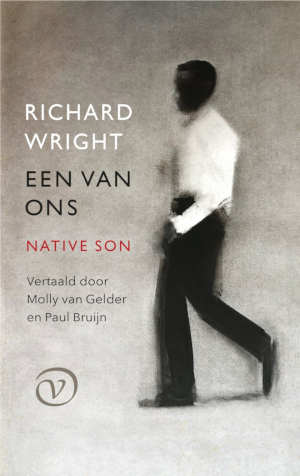 Soort boek: Afro-Amerikaanse roman
Soort boek: Afro-Amerikaanse roman- Origineel: Native Son (1940)
- Nederlandse vertaling: Paul Bruijn, Molly van Gelder
- Uitgever: Van Oorschot
- Verschijnt: 23 augustus 2024
- Omvang: 488 pagina’s
- Uitgave: paperback / ebook
- Prijs: € 29.50
- Boek bestellen bij: Bol / Libris
- Inhoud roman: In de iconische roman Een van ons (Native Son) toont Richard Wright wat racisme met een mens doet, en hoezeer het een maatschappij ontwricht. De twintigjarige Afro-Amerikaanse Bigger Thomas, afkomstig uit een achterstandswijk in Chicago, pleegt een moord op een wit meisje uit een gegoed milieu, en slaat op de vlucht…lees verder >
- Auteur: James Baldwin (Verenigde Staten)
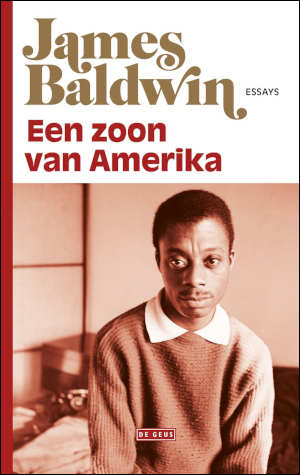 Soort boek: essays, verhalen
Soort boek: essays, verhalen- Origineel: Notes of a Native Son (1955)
- Nederlandse vertaling: Eefje Bosch, Manik Sarkar
- Uitgever: De Geus
- Verschijnt: 30 juli 2024
- Omvang: 256 pagina’s
- Uitgave: paperback / ebook
- Prijs: € 23,50
- Boek bestellen bij: Bol / Libris
- Inhoud boek: James Baldwins non-fictiedebuut verscheen in 1955, toen hij dertig was en vestigde zijn naam als onontkoombaar denker. De tien cultuurkritische en autobiografische essays zijn geschreven in de jaren veertig en vijftig en tonen een land waarin de maatschappelijke verhoudingen voorzichtig beginnen te schuiven…lees verder >
- Auteur: James Baldwin (Verenigde Staten)
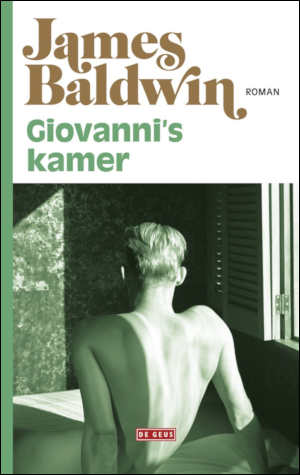 Soort boek: Amerikaanse roman
Soort boek: Amerikaanse roman- Origineel: Giovanni’s Room (1956)
- Nederlandse vertaling: Eefje Bosch, Manik Sarkar
- Uitgever: De Geus
- Verschijnt: 30 juli 2024
- Omvang: 224 pagina’s
- Uitgave: paperback / ebook
- Prijs: € 21,50
- Boek bestellen bij: Bol / Libris
- Inhoud roman: In het Parijs van de jaren vijftig valt de jonge Amerikaan David voor de Italiaanse barman Giovanni. Als Davids verloofde Hella terugkeert van een reis raakt hij verscheurd tussen zijn verlangens en de conventionele moraal. Ondertussen neemt het leven van Giovanni een vreselijke wending…lees verder >
- Auteur: Cecilia Rabess (Verenigde Staten)
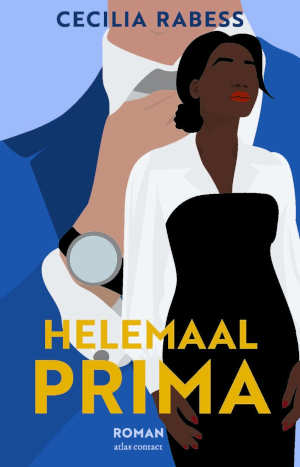 Soort boek: Afro-Amerikaanse roman
Soort boek: Afro-Amerikaanse roman- Origineel: Everything’s Fine (2023)
- Nederlandse vertaling: Adiëlle Westercappel
- Uitgever: Atlas Contact
- Verschijnt: 28 mei 2024
- Omvang: 352 pagina’s
- Uitgave: paperback / ebook
- Prijs: € 24,99 / € 13,99
- Boek bestellen bij: Bol / Libris
- Inhoud roman: Jess en Josh zijn in ongeveer alle opzichten elkaars tegenpolen. Zij is Zwart, progressief, van bescheiden komaf, en gewend om zichzelf voortdurend te moeten bewijzen in een witte (mannen)wereld. Hij is wit, conservatief, en zeer bevoorrecht. Wanneer ze collega’s worden bij een gerenommeerde New Yorkse investeringsbank, duurt het niet lang voordat hun aanvankelijk vijandige verhouding omslaat in vriendschap – en uiteindelijk in een onwaarschijnlijke, allesverslindende liefdesaffaire…lees verder >
- Auteur: Percival Everett (Verenigde Staten)
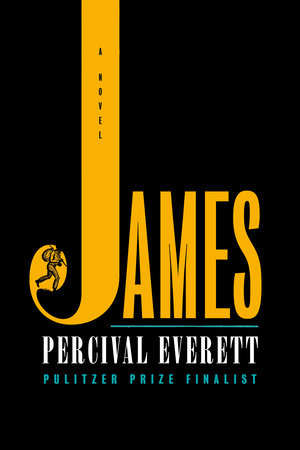 Soort boek: Amerikaanse slavernijroman
Soort boek: Amerikaanse slavernijroman- Taal: Engels
- Uitgever: Doubleday
- Verschijnt: 19 maart 2024
- Omvang: 320 pagina’s
- Uitgave: gebonden boek / ebook
- Prijs: $28.00 / $14.99
- Boek bestellen bij: Amazon / Bol
- Inhoud roman: When the enslaved Jim overhears that he is about to be sold to a man in New Orleans, separated from his wife and daughter forever, he decides to hide on nearby Jackson Island until he can formulate a plan. Meanwhile, Huck Finn has faked his own death to escape his violent father, recently returned to town. As all readers of American literature know, thus begins the dangerous and transcendent journey by raft down the Mississippi River toward the elusive and too-often-unreliable promise of the Free States and beyond…lees verder >
- Auteur: Tracey Rose Peyton (Verenigde Staten)
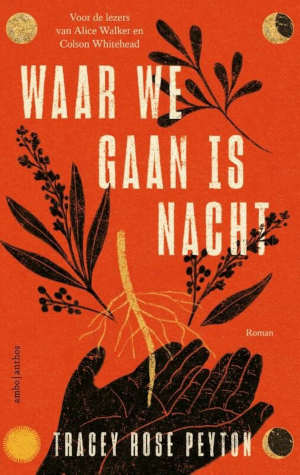 Soort boek: historische roman, slavernijroman
Soort boek: historische roman, slavernijroman- Origineel: Night Wherever We Go (2023)
- Nederlandse vertaling: Linda Broeder
- Uitgever: Ambo | Anthos
- Verschijnt: 22 februari 2024
- Omvang: 336 pagina’s
- Uitgave: paperback / ebook / luisterboek
- Prijs: € 23,99 / € 12,99 / € 14,99
- Boek bestellen bij: Bol / Libris
- Inhoud roman: Texas, 1852. Zes vrouwen wonen en werken op een noodlijdende plantage. ’s Nachts glippen ze uit hun hut en komen met andere tot slaaf gemaakten in het bos bij elkaar. Hun eigenaren – die zij de Lucy’s noemen, naar Lucifer – hebben namelijk plannen om de plantage winstgevend te maken, die verregaande gevolgen voor hen zullen hebben…lees verder >
- Auteur: Octavia E. Butler (Verenigde Staten)
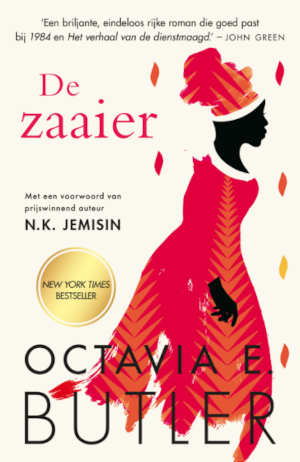 Soort boek: dystopische roman
Soort boek: dystopische roman- Origineel: Parable of the Sower (1993)
- Nederlandse vertaling: Reshma Jagernath, Ine Willems
- Uitgever: Signatuur
- Verschijnt: 13 februari 2024
- Omvang: 368 pagina’s
- Uitgave: paperback / ebook / luisterboek
- Prijs: € 27,99 / € 14,99 / € 15,99
- Boek bestellen bij: Bol / Libris
- Inhoud roman: Wanneer wereldwijde klimaatverandering en economische crises in 2024 tot sociale chaos leiden, wordt Californië een plek vol gevaar: van ernstig watertekort tot massa’s drugsverslaafde maniakken die alles zullen doen om nog een dag te overleven. De vijftienjarige Lauren Olamina woont met haar vader, in een afgeschermde community, beschermd tegen de anarchie buiten de muren. Lauren lijdt aan hyperempathie, een slopende gevoeligheid voor de emoties van anderen. Maar als de community onveilig wordt, moet Lauren vluchten…lees verder >
Afro-Amerikaanse schrijvers en schrijfsters romans en boeken
Op deze pagina is een overzicht te vinden van Afro-Amerikaanse schrijvers en schrijfsters. Bovendien is er aandacht voor hun beste romans en andere boeken. Ook is er een overzicht van nieuwe romans en andere boeken opgenomen.
geboren 4 april 1928
overleden 28 mei 2014
memoireschrijfster, dichteres, essayiste en activiste
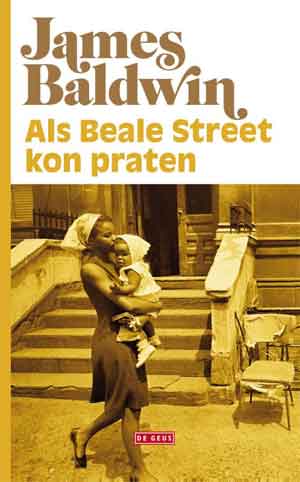 James Baldwin
James Baldwin
geboren 2 augustus 1924
overleden 1 december 1987
romanschrijver, essayist en burgerrechtenactivist
geboren 1990
romanschrijfster
geboren op 22 juni 1947
geboorteplaats: Pasadena, Californië
overleden op 25 februari 2006
sterfplaats: Seattle, Washington
leeftijd: 58 jaar
geboren 1 maart 1914
overleden 16 april 1994
romanschrijver
geboren 27 juni 1872 –
overleden 9 februari 1906)
roman- en toneelschrijver, dichter
genoren 11 augustus 1921
overleden 10 februari 1992
romanschrijver
 Chester Himes
Chester Himes
geboren 29 juli 1909
overleden 12 november 1984)
misdaadromanschrijver
geboren op 1 februari 1901
geboorteplaats: Joplin, Missouri
overleden op 22 mei 1967
sterfplaats: New York City
geboren 30 november 1970
roman- en verhalenschrijfster
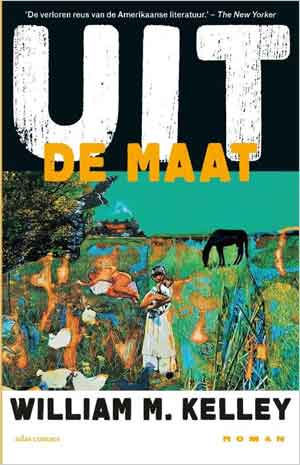 William Melvin Kelley
William Melvin Kelley
geboren 1 november 1937
overleden 1 februari 2017)
roman- en verhalenschrijver
 Nella Larsen
Nella Larsen
geboren 13 april 1891
overleden 30 maart 1964)
romanschrijfster
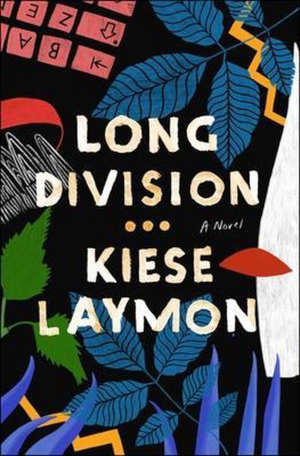 Kiese Laymon
Kiese Laymon
geboren op 15 augustus 1974
geboorteplaats: Jackson, Mississippi
romanschrijver
schrijfster, professor en activiste
geboren op 17 november 1934
geboorteplaats: New York City
overleden op 17 november 1992
sterplaats: Saint Croix, Amerikaanse Maagdeneilanden
leeftijd: 58 jaar
doodsoorzaak: kanker
geboren op 26 september 1965
geboorteplaats: Brooklyn, New York
geboren op 15 september 1890
geboorteplaats: Clarendon Parish, Jamaica
overleden op 22 mei 1948
sterfplaats: Chicago, Illinois
leeftijd: 57 jaar
doodsoorzaak: hartaanval
Afro-Amerikaanse romanschrijfster
Nobelprijs voor de Literatuur 1993
geboren op 18 februari 1931
geboorteplaats: Lorain, Ohio, Verenigde Staten
overleden op 5 augustus 2019
sterfplaats: New York City
leeftijd: 88 jaar
- Beloved (roman, 1987)
waardering redactie: ∗∗∗∗∗ (uitmuntend)
Nederlandse vertaling: Beminde
geboren 12 januari 1952
thrillerschrijver
geboren 12 oktober 1908
overleden 28 april 1997)
roman- en verhalenschrijfster
- The Narrows (roman, 1953)
- The Street (roman, 1946)
Waardering: ∗∗∗∗∗ (uitmuntend)
Nederlands: De straat (2020)
geboren 25 juni 1935 in Philadelphia
overleden 17 september 1985 in New York
leeftijd: 50 jaar
romanschrijfster
geboren op 16 augustus 1902
geboorteplaats: Salt Lake City, Utah
overleden op 22 december 1934
sterfplaats: New York City
leeftijd: 32 jaar
doodsoorzaak: tuberculose
geboren 9 februari 1944 in Eatonton, Georgia
roman- en verhalenschrijfster, essayiste
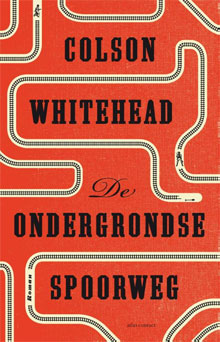 Colson Whitehead
Colson Whitehead
geboren 6 november 1969
romanschrijver
John Edgar Wideman
geboren 14 juni 1941 in Washington, D.C.
roman- en verhalenschrijver
geboren 4 september 1908 in Rxie, Mississippi
overleden 28 november 1960 in Parijs, Frankrijk
romanschrijver
- Uncle Tom’s Children (roman, 1938)
- Native Son (roman, 1940)
- Black Boy (jeugdherinneringen, 1945)
- The Outsider (roman, 1953)
- Savage Holiday (roman, 1954)
- Black Power (non-fictie, 1954)
- The Color Curtain (non-fictie, 1956)
- White Man, Listen! (non-fictie, 1957)
- The Long Dream (roman, 1958)
- Eight Men (roman, 1961)
- Lawd Today (roman, 1963)
- A Father’s Law (onvoltooide roman, 2008)
- The Man Who Lived Underground (roman, 20 april 2021)
geschreven tussen 1940 en 1945
geboren 14 juni 1941
roman- en verhalenschrijver
Bijpassende boeken en informatie
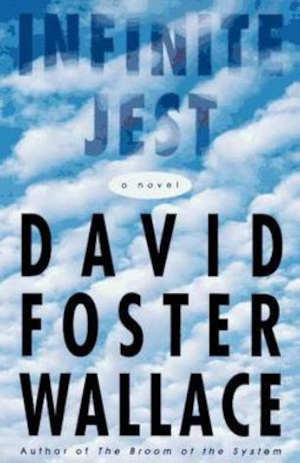 York in de Verenigde Staten. De Amerikaanse schreef drie romans, een aantal verhalenbundels en non-fictieboeken die gedeeltelijk in het Nederlands vertaald zijn. Wallace leed onder depressies en op 12 september 2008 pleegde Wallace zelfmoord door zich op te hangen boven de veranda van zijn huis nadat hij eerst een zelfmoordbrief aan zijn vrouw had geschreven. Hij werd 48 jaar oud.
York in de Verenigde Staten. De Amerikaanse schreef drie romans, een aantal verhalenbundels en non-fictieboeken die gedeeltelijk in het Nederlands vertaald zijn. Wallace leed onder depressies en op 12 september 2008 pleegde Wallace zelfmoord door zich op te hangen boven de veranda van zijn huis nadat hij eerst een zelfmoordbrief aan zijn vrouw had geschreven. Hij werd 48 jaar oud.


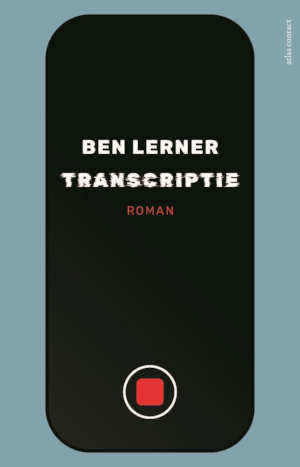

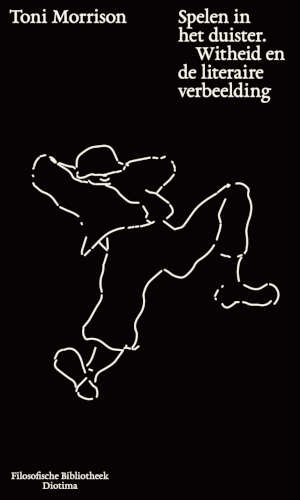
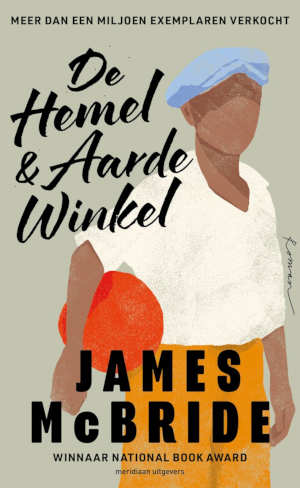

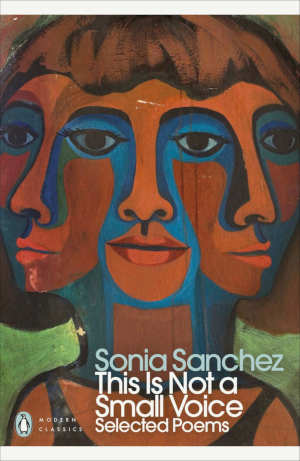
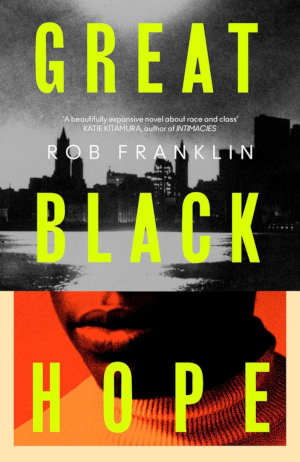

 Uitgever: Amerikaanse roman
Uitgever: Amerikaanse roman


 Soort boek: Afro-Amerikaanse roman
Soort boek: Afro-Amerikaanse roman



